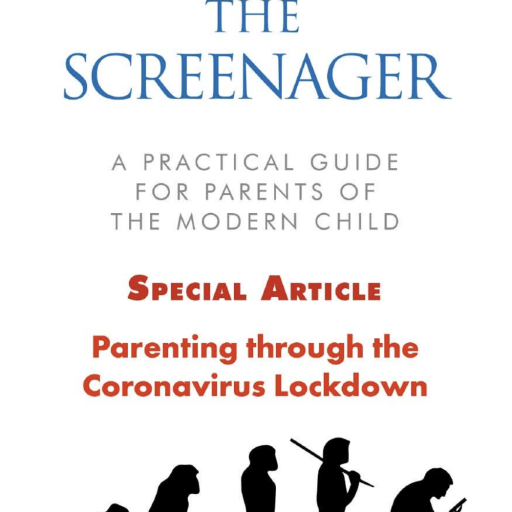Oscar Wilde said ‘to win back my youth, there is nothing I wouldn’t do — except take exercise, get up early, or be a useful member of the community’, writes Richard Hogan.
While at first glance this seems like a flippant comment, I think Wilde is touching on something we all experience as parents of teenagers.
They can be quite reticent, perhaps even lethargic, and in some cases reluctant to take part in the family. This can be an exasperating time for parents.
Changing relationships
During childhood, children generally look up to their parents as a colossus of strength and knowledge. This can be a rewarding time for parents and children as the relationship develops along mutually beneficial lines, the child needs the parent and the parent has a clear role to fulfil.
However, as children move into their teenage years they tend to rely on their peer group more than their parents. This shift in relational dynamics can cause stress in the house as parents struggle to come to terms with this new relationship.
In fact, in my experience, parents often come to view adolescence as a time of loss. They can feel hurt, as their once wide-eyed, chatty child no longer seeks them out as a source of advice and companionship.
These hurt feelings can often move into anger as their child’s secrecy or rebellious behaviour challenges their competencies. Parents can feel uncomfortable with how they have been positioned in the house; they often describe feeling like an interloper in their child’s life.
I find reframing the idea of loss for parents an important part of the work I do. I tell them that adolescence is not really about loss but about being together differently. And more importantly, it is only temporary and the relationship will change again as their teenager moves into adulthood.
Parents often ask me, what can they do to improve communication with their teenage son or daughter. I generally commence by explaining that adolescence is a time of exploration.
It’s a time when children develop their own concept of self. When they move towards independence and away from their parents’ shadow. During adolescence, teenagers test the boundaries and challenge authority. However, it is important that during these challenges, parents hold their child.
The type of holding I’m describing here is empathetic, not rigid but also not without consequences. A child must know that there are boundaries and that when they challenge them, they move slightly to allow for the challenge/resistance but that, ultimately, these boundaries (while not being absolutely rigid) will not give in.
This type of holding allows for the adolescent to explore safely while also understanding that there are clear boundaries around certain areas that will not be compromised.
Tips to build communication with your teenager
Identify the times they are more likely to open up. If your teenager is not particularly chatty in the morning, (don’t panic, it’s common) perhaps don’t push the conversation at that time. Wait for a moment you think they are more likely to chat. Maybe dinner or after sports practise.
Make it clear to your child that you are always available for a chat. Saying something as simple as ‘you know if you ever want to chat about anything, I’m here for you.’
Often the teenagers I meet explain how they didn’t go to their parents with a problem because they thought they wouldn’t listen or that they were too busy. So it’s important to let them know that you will listen.
If they do come to you with something, make sure you do not overreact to the piece of information they give you.
For example, I had a child recently tell me that they couldn’t go to their parents about the issue of cyberbullying because they were worried their parents would ban them from their phone altogether.
When parents overreact the only message they are giving their child is that they are not a safe person to go to with an issue.
Stay involved in their life. Keep up with who they are friendly with and talk to them about their friends. And invite their friends to your house and chat with them.
The more involved you are, the more you will have to talk to them about.
And try to remember what it was like to be a teenager. Not all of us have experienced depression or cyberbullying, but we have all been teenagers and we all know what it was like for us. So try to recall that, and ask yourself, what would I have responded well to and what didn’t I respond well to?
This too shall pass
Adolescence is a challenging time for both teenager and parent. We must not allow ourselves to be placed on the periphery of our children’s life. We must stay involved and provide them with a shelter for the stormy years ahead.
While we should never tell our teenagers ‘it’s only a phase’, the reality is, it generally does pass and things eventually will return to a peaceful rhythm in the house.
Try not to look at adolescence as a time of loss but, rather, think of it as a time of exploration and a time where your child is forging their own identity on their journey through life. And they’re taking you along for the ride. Buckle up.




